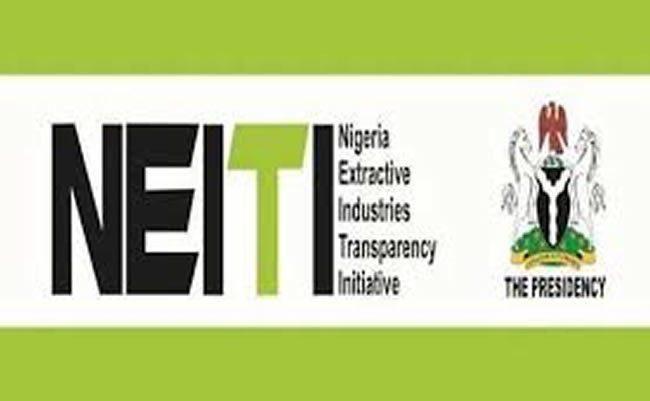
The Nigeria Extractive Industries Transparency Initiative (NEITI) has called on the Presidential Committee on Fiscal Policy and Tax Reforms to provide clear explanations regarding its plans to harmonize federal and state tax laws in the proposed tax reform bills currently before the National Assembly.
NEITI also emphasized the importance of defining the roles of subnational governments in implementing the reforms and identifying policy gaps for improvement.
These remarks were made in a statement signed by the Acting Director of Communications and Stakeholders Management, Obiageli Onuorah, on Tuesday, following NEITI’s thorough review of the draft legislation, which incorporated extensive research and consultations.
Endorsement of the Reform Bills
NEITI has expressed support for the tax reform bills, aligning with the Nigeria Governors’ Forum’s position. The agency submitted its detailed recommendations in a memo signed by its Executive Secretary, Dr. Orji Orji, addressed to the National Assembly leadership and the Chairman of the Presidential Committee on Fiscal Policy and Tax Reforms.
According to Dr. Orji, “The Bill has the potential to modernise Nigeria’s tax system, streamline and broaden its administration and tax base to align with global best practices.”
The draft legislation highlights critical areas such as consolidating legal frameworks, taxing digital assets, addressing resident and non-resident taxation, and curbing tax evasion, all while promoting fiscal transparency and efficiency.
“A detailed review of the Bill revealed that it has the potential to impact positively on revenue generation, household livelihoods, job creation, and overall economic opportunities,” the statement added.
Strengths, Weaknesses, and Recommendations
NEITI’s section-by-section review of the draft law revealed both its strengths and weaknesses, particularly regarding its impact on the extractive industries. The agency noted that while Sections 1 and 2 aim to ensure unified tax legislation across Nigeria, they lack explicit guidelines for harmonizing federal and state tax laws and fail to clearly define the roles of subnational governments.
The agency commended the bill’s intent to unify tax administration by repealing existing acts and consolidating them into a single framework. However, it stressed the need for a carefully managed transition process and robust public awareness campaigns to prevent administrative confusion.
Specific Industry Implications
NEITI outlined several recommendations addressing the bill’s implications for the oil, gas, and mining sectors, including:
- Aligning tax provisions with state systems to resolve jurisdictional conflicts.
- Reducing hydrocarbon tax rates for smaller operators to encourage industry participation.
- Expanding incentives for carbon capture, renewable energy projects, and energy transition investments to align with sustainability goals.
Addressing Taxation of Digital Assets
NEITI praised the inclusion of provisions for taxing digital assets, aligning with global practices. However, it called for clearer definitions of taxable assets, events, and valuation guidelines. The agency also recommended exemptions or phased implementation for small businesses to support growth.
Provisions for SMEs and Startups
NEITI emphasized the importance of supporting small and medium enterprises (SMEs) by recommending:
- Exemptions for startups to encourage reinvestment and growth.
- Simplified enforcement mechanisms for non-resident taxation to ease compliance.
- Reduced compliance burdens on SMEs, particularly concerning excise duties and VAT enforcement.
Enhancing Transparency and Sustainability
To promote fiscal transparency and sustainability, NEITI urged:
- Expanded exemptions under tax incentives to include renewable energy and sustainability projects.
- Streamlined application procedures for economic development tax incentives.
- Investment in capacity-building for tax administrators and adoption of data-driven monitoring systems.
Advocacy for Stakeholder Engagement
NEITI stressed the importance of engaging with critical stakeholders, including civil society, to foster public trust and understanding of the reforms. The agency offered to spearhead such engagements, leveraging its experience and goodwill.
By addressing these recommendations, NEITI believes the proposed tax reform bills can modernize Nigeria’s tax system and drive sustainable economic development while ensuring fairness and transparency across all sectors.
